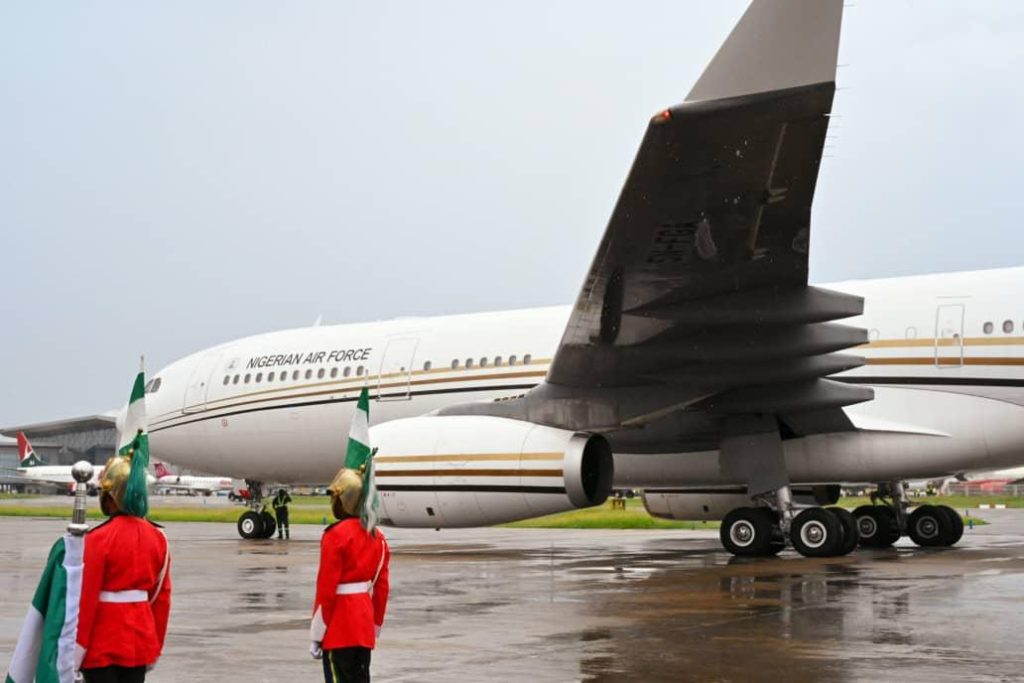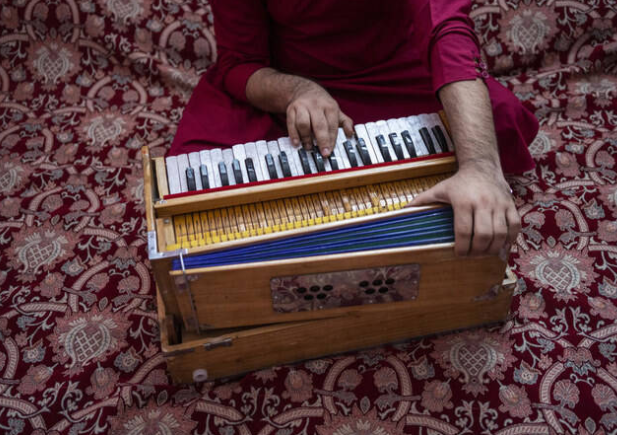
Newly Acquired Presidential Jet Flown to South Africa for Refitting & Repainting: A Deep Dive into Nigeria’s Spending Controversy

The Nigerian government has once again sparked heated debate with its latest move involving the presidential fleet.
According to a recent report by BusterBlog, the newly acquired presidential jet, an Airbus 330, has been transported to South Africa for a makeover—specifically for refitting and repainting to align with the official livery of the President’s office.
This decision underscores a broader issue: Nigeria’s continued dependence on foreign expertise for tasks that could potentially be handled domestically, even as the nation grapples with severe economic challenges.
The public’s reaction on X has been one of outrage and disbelief.
Many Nigerians are questioning the rationale behind spending billions on the presidential fleet while the country faces widespread poverty and hunger.
BusterBlog notes that between July 2023 and December 2024, a staggering N20.03 billion was allocated to the maintenance and operations of the Presidential Air Fleet.
This figure becomes even more alarming when paired with earlier reports of N14.77 billion spent in just 11 months on the fleet under President Tinubu’s administration.
For a nation where many citizens struggle to afford basic necessities, the decision to fly a jet abroad for repainting has been labeled as tone-deaf by critics.
X users have been vocal, with many asking why local talent—such as Nigerian painters and technicians—couldn’t have been employed for the task, potentially saving costs and boosting the local economy.
Adding to the controversy is the Nigerian Air Force’s (NAF) track record with the presidential fleet, which it manages.
The NAF has faced scrutiny over its maintenance practices in the past. For instance, a 2018 incident saw an F-7 aircraft crash during a formation exercise, resulting in fatalities—a stark reminder of the fleet’s operational challenges.
This history raises further questions about the safety and reliability of the presidential fleet, even as billions are poured into its upkeep and upgrades.
The timing of this expenditure couldn’t be worse, as Nigeria battles economic hardship, a declining naira, and rising public debt.
Many citizens, as reflected in X conversations, feel that the government’s priorities are misaligned.
The decision to send the jet abroad for what some see as a cosmetic upgrade has fueled accusations of extravagance, with critics arguing that the funds could have been better spent addressing pressing issues like malnutrition or infrastructure deficits.
As the debate rages on, this incident highlights the growing tension between Nigeria’s leadership and its people, who demand greater accountability and resourcefulness in governance.
Source: BusterBlog


